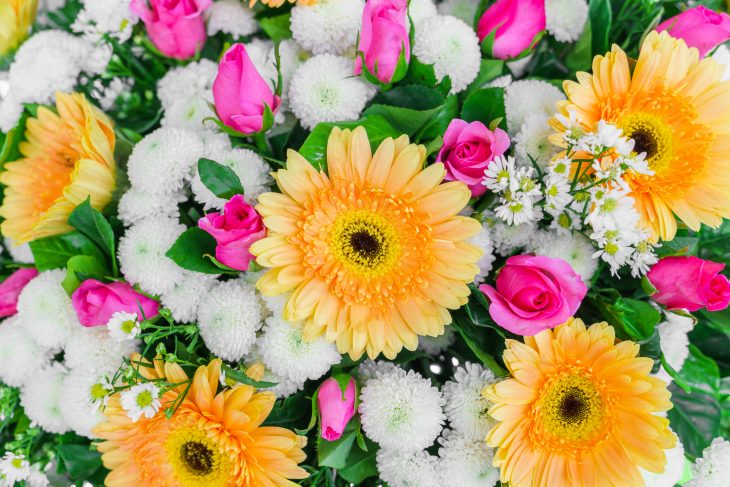
Cremation, a practice that dates back centuries, has gained prominence as a preferred method of dealing with a loved one’s remains in Canada. With its growing popularity, the country offers a range of cremation services that cater to various cultural, religious, and personal preferences.
This article aims to provide a comprehensive overview of the cremation options available in Canada, empowering individuals and families to make informed choices during these sensitive times.
Understanding Cremation Services
Cremation involves the process of reducing a body to its essential elements through intense heat, leaving behind ashes and bone fragments. This method has gained acceptance due to its cost-effectiveness, environmental considerations, and the flexibility it offers in terms of memorialization. Here are some key aspects to consider when exploring cremation services:
- Direct Cremation: This is a basic option where the body is cremated shortly after death without a funeral service. Families can then choose to hold a separate memorial event at their convenience. Direct cremation is often chosen for its simplicity and affordability.
- Traditional Funeral with Cremation: Families can opt for a traditional funeral service, complete with a viewing, followed by cremation. This allows loved ones to pay their respects before the cremation takes place.
- Personalized Memorial Services: Families can personalize a cremation by designing a unique memorial service that reflects the personality and interests of the deceased. This can include music, readings, and even video presentations.
Considering Cultural and Religious Preferences
Rich tapestry of canadian lifestyle and cultures and religions. Cremation services are designed to accommodate a variety of beliefs and practices:
- Christianity: Many Christian denominations now accept cremation as an alternative to traditional burial. The ashes are often interred in a cemetery or placed in a columbarium.
- Hinduism: Cremation holds deep religious significance in Hinduism. The ashes are typically scattered in a sacred body of water, symbolizing the journey of the soul.
- Buddhism: Buddhism often practices cremation as a means of detachment from the physical body. The ashes may be enshrined in a stupa or spread in a serene location.
- Indigenous Traditions: Some Indigenous communities have their own unique practices for handling remains. It’s essential to consult with community elders or leaders to ensure cultural sensitivity.
Environmental Considerations
As the world becomes increasingly environmentally conscious, many individuals are seeking eco-friendly alternatives for end-of-life arrangements:
- Green Burial: While not strictly cremation, green burial involves burying an unembalmed body in a biodegradable container. This option has a lower environmental impact compared to traditional burial.
- Water Cremation (Aquamation): Also known as alkaline hydrolysis, this method uses water and chemicals to break down the body. It’s considered more environmentally friendly than traditional flame-based cremation.
Post-Cremation Options
After cremation, families have several choices for what to do with the ashes:
- Urns: Ashes are often placed in decorative urns, which can be kept at home, interred in a cemetery, or placed in a columbarium.
- Scattering: Families can choose to scatter the ashes in a location that held significance to the deceased. It’s important to ensure that the chosen location allows for this practice.
- Memorial Jewelry: Some companies offer the option to turn a small portion of the ashes into memorial jewelry, allowing loved ones to carry a physical reminder.
Conclusion
In the midst of grief and loss, choosing a cremation service that aligns with your preferences and beliefs can provide solace. Whether you opt for a direct cremation, a personalized memorial, or an eco-friendly solution, Canada offers a range of choices to suit various needs. During these difficult times, it’s crucial to take the opportunity a cremation in a way that pays tribute to the life that was lived.












